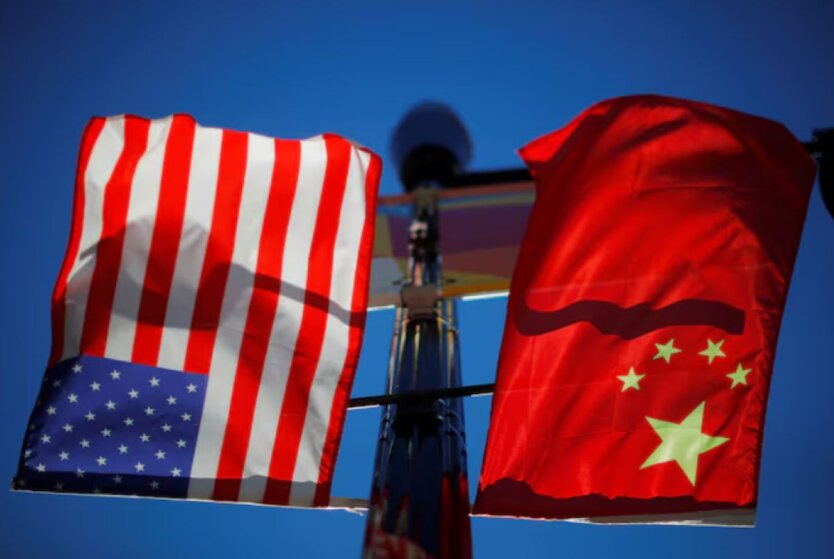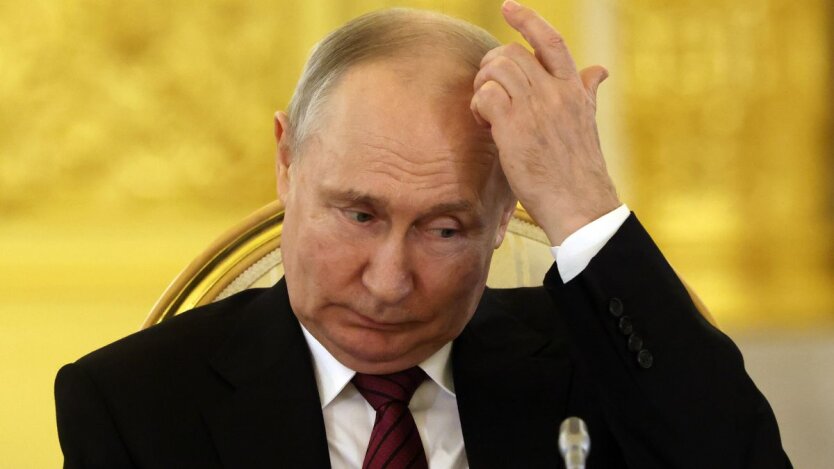Trade tensions rise: China reacts to US plans for ship fees.
22.04.2025
2464

Journalist
Shostal Oleksandr
22.04.2025
2464

The China Shipowners' Association has announced its intention to continue 'active communication' with the United States regarding the new fees that the Trump administration plans to impose on Chinese vessels.According to the plan announced by the US Trade Representative last Thursday, all ships built in China or owned by Chinese companies will pay a special fee when entering US ports. The amount will depend on the volume of goods transported and will be calculated per individual voyage, Bloomberg reports.The initiative arose from a months-long investigation that, under the Biden administration, examined potential national security threats to the US posed by Chinese shipbuilding. Notably, the new restrictions will apply not only to Chinese vessels - fees are also being imposed on any carriers that were not manufactured in America but enter US ports.
'The actions of the Trump administration are significantly discriminatory,' the China Shipowners' Association stated in an official statement published on WeChat last Saturday. The organization, which represents the interests of all Chinese shipowners, 'strongly opposes the allegations from the US based on false facts and prejudices.'According to the plan, a fee of $50 per net ton (which corresponds to the volume of the ship's profitable space) will come into effect in six months and will gradually increase over the next three years. Another phase of restrictions, which will affect foreign vessels for transporting liquefied natural gas, is set to begin in three years.
Read also
- Gazprom filed another lawsuit against Naftogaz
- Ukraine and Italy prepare specific recovery projects
- A new coronavirus has been discovered in China that could cause a pandemic
- The EU explained what prevents them from 'pressuring' Russia
- Drivers face a 'surprise': fines for speeding will soon change
- Monetary assistance for injury or death of a serviceman: the main mistake named by the TCC, due to which payments are delayed










